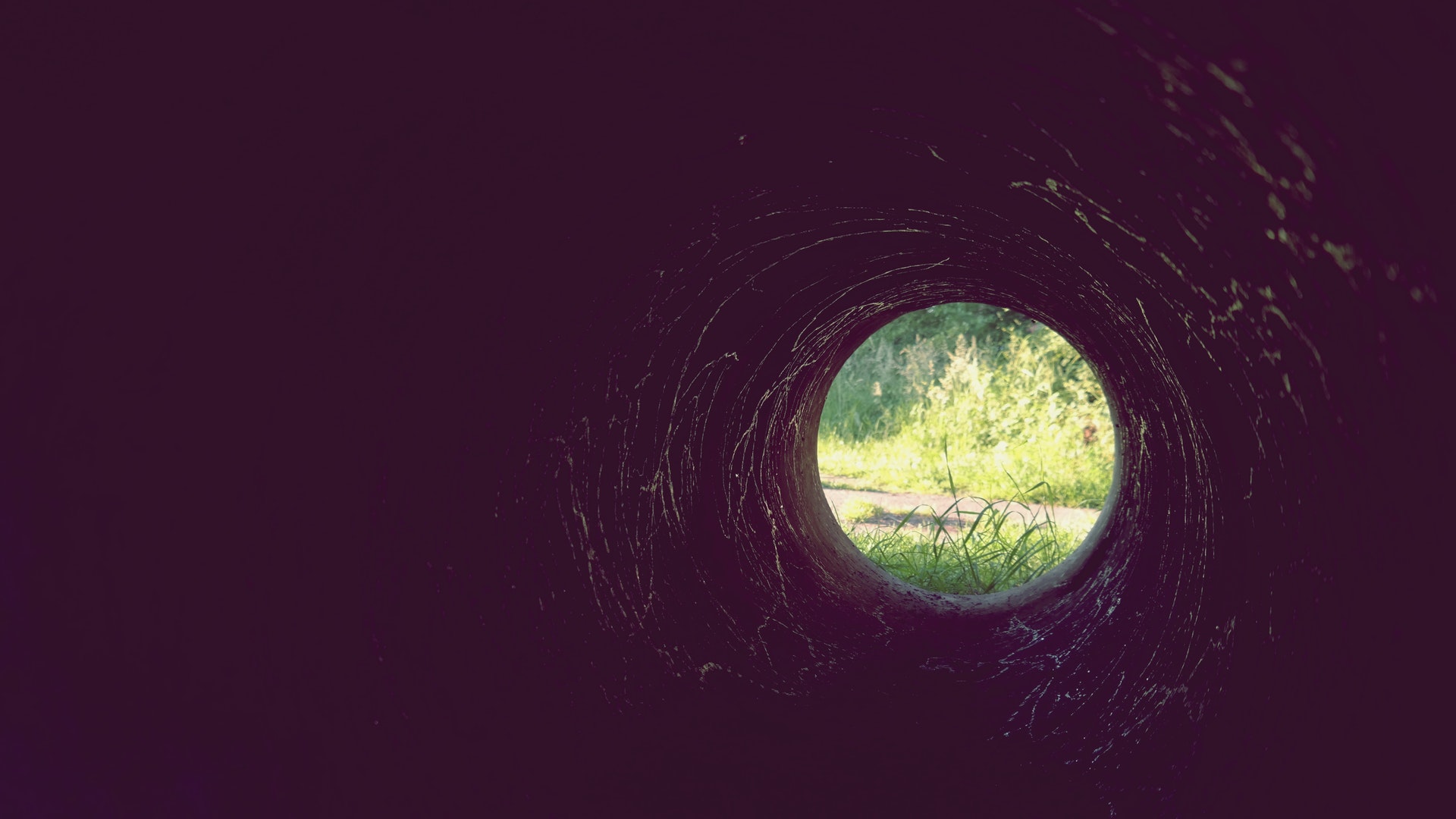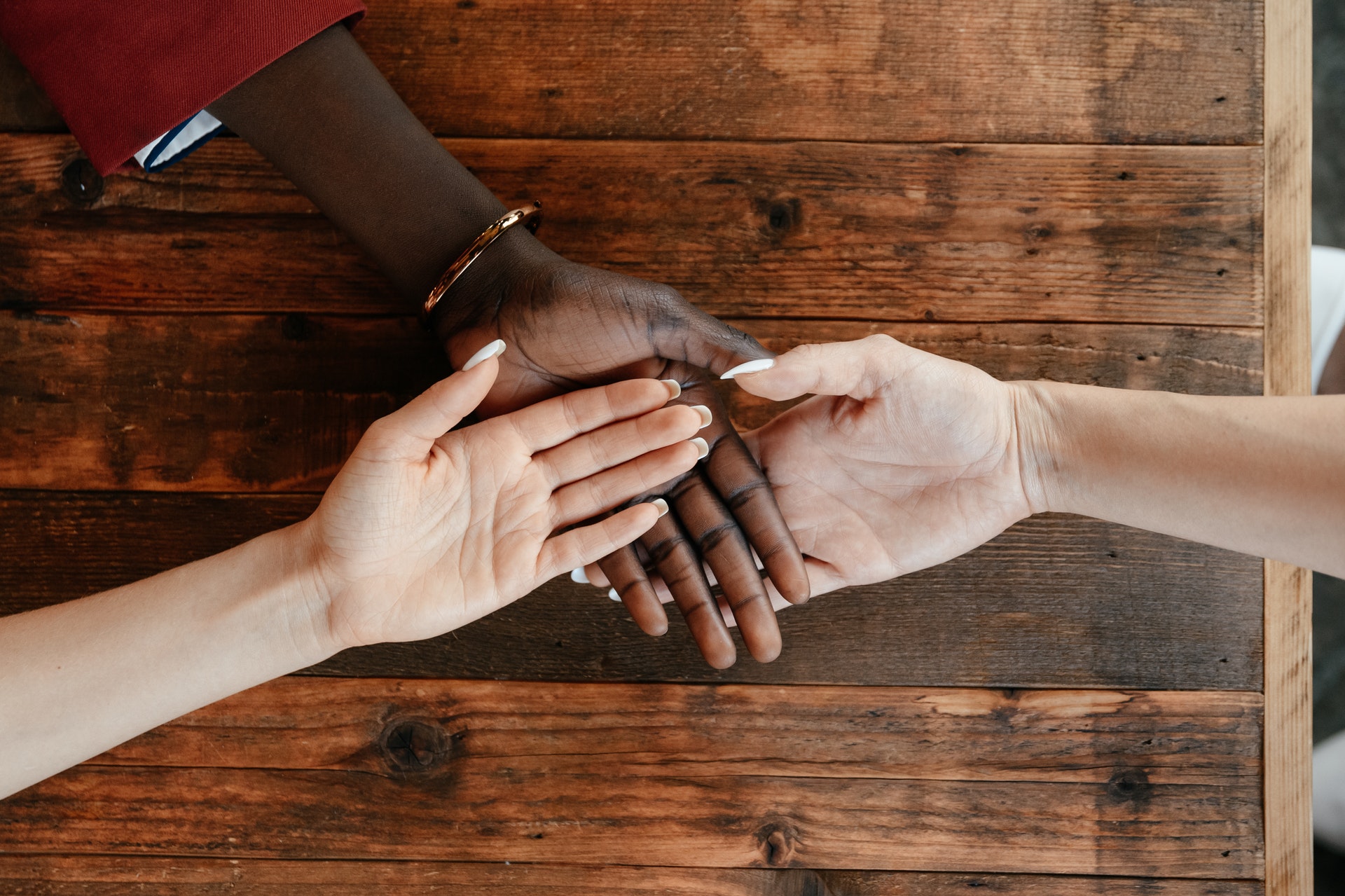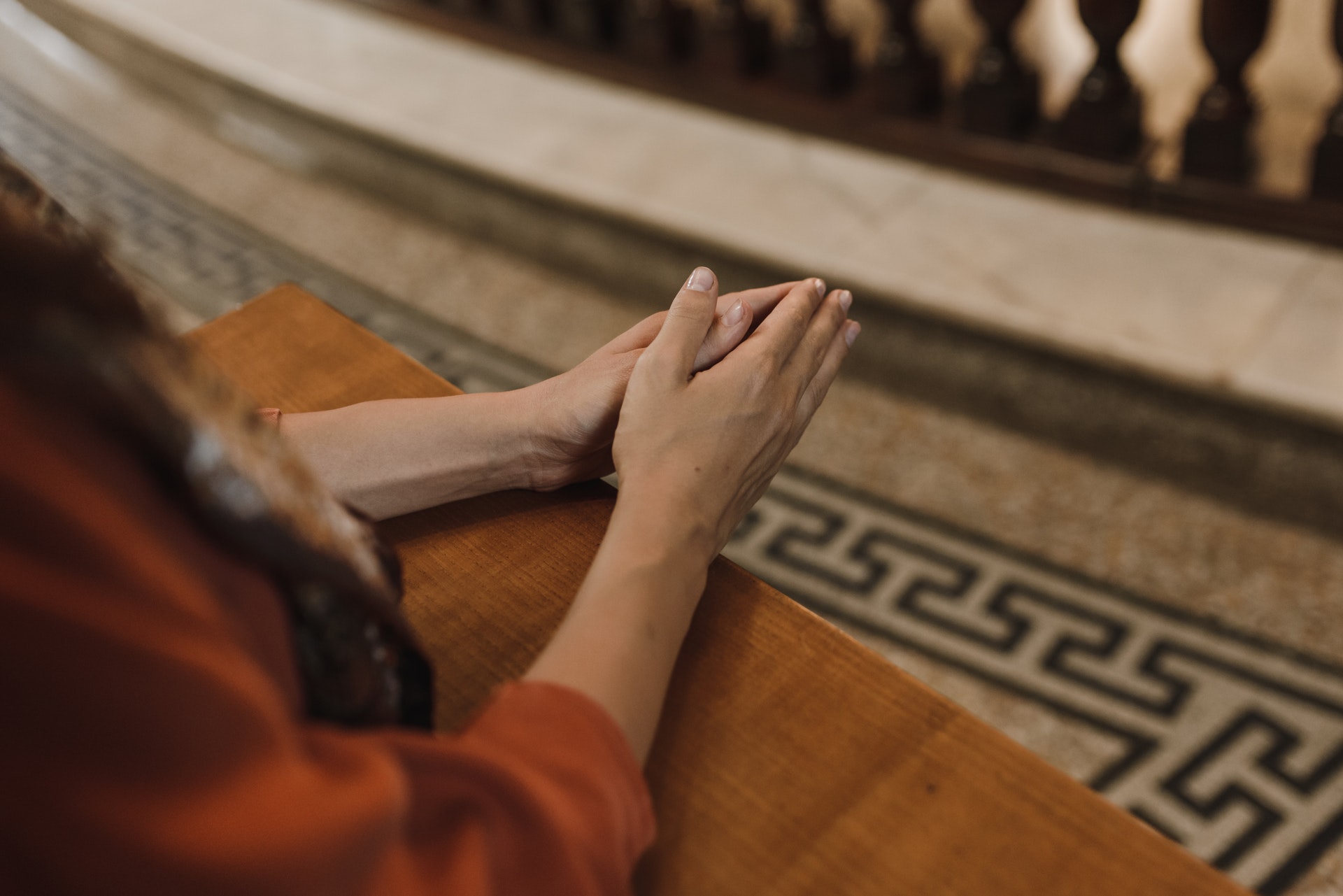In his book, Prayer is Good Medicine, physician and researcher Larry Dossey maintains that praying for oneself or others can make a scientifically measurable difference in recovering from illness or trauma. It is one thing to understand such a healing intellectually; it is another to know it from experience.
Such an experience came to me in the fall of 1996 when a painful divorce, a bad case of writer’s block, and an adverse reaction to an antidepressant medication plummeted me into a major depressive episode. For the next ten months, I was assailed by out-of-control anxiety attacks which alternated with dark, suicidal depressions. Each day felt like an eternity as I struggled to stay alive in the face of overwhelming feelings of hopelessness and despair.
My depression was called “treatment resistant” (a condition that applies to 10-20% of those who suffer from a depressive disorder) and for good reason. Medication, the mainstay of conventional treatment, simply did not work. Drugs, such as Prozac, Paxil and Zoloft, made me agitated; others such as Lithium made me even more depressed; and the rest did nothing at all.
As the emotional pain became unbearable, I began to contemplate suicide as the only way to escape from my ongoing nightmare. In desperation, I agreed to be evaluated for ECT (electroconvulsive therapy), but was told that I was not a good candidate because of my high state of agitation. Having run out of options, I felt as if I were trapped in a dark tunnel in which both ends were sealed off, and a sign on the door read, “No Exit.”


It was then that I received a phone call from the pastoral counselor at the church I was attending. “When one of our congregants was dying of cancer,” Eddy explained, “we decided to bring all of her support-her family, friends, minister, physicians, and social worker-together in one room.
Their combined prayers created a powerful healing energy that allowed Carol to live far longer than anyone expected. I think that the same principle might work for you. “Our senior minister, myself and members of the prayer ministry would like to schedule a prayer meeting with you in two weeks. We would like you to attend and bring members of your personal support team with you.”
I arrived at the meeting two weeks later. Twelve people were present. After I described the history of my illness and my feelings of hopelessness and despair, the group shifted the focus away from my symptoms and asked me to create a picture of what wellness would look like for me.
Although I could not remember a time when I was not anxious or depressed, I described in as much detail as I could the thoughts, feelings and behaviors I might experience if I were healed of my affliction. The group then affirmed that my desire was already a reality and agreed to hold in consciousness my vision of wellness over the next 30 days, until we met again (a total of six monthly support meetings were held).
Seventy two hours after this prayer support began, the black cloud of depression began to lift. Within ninety days, I was completely free of my symptoms.


There are a number of lessons I learned from this story. First, no matter how sophisticated our brain science and technology become, there is no substitute for human love and caring. Scientific studies (such as David Siegel’s work with breast cancer survivors at Stanford University) repeatedly reveal that strong social bonds, as well as prayer, strengthen the immune system and ward off the harmful effects of stress.
It takes a whole village to shepherd a person through a dark night of the soul. And every day I give thanks that a committed group of loving people took a few hours from their busy schedules to give of their love and support.
Second, as I read over the description of my recovery, I feel moved to add an important postscript. Just because spiritual intervention was a catalyst for my recovery, it doesn’t mean that this is the path for everyone. For some people, healing may come from finding the right medication or nutritional supplement; for others, it may be through falling in love or pursuing a passion.
Since the majority of people who are treated for depression eventually get better (i.e., most depressions are episodic), if you can endure the pain and set a strong intention to get well, you will likely be graced by some healing modality that works for you. (The key is to hang on until the pattern of the illness shifts.
In addition, many people have observed that I attracted a particularly large support network of committed people. While this is true, I believe that support is available to anyone who earnestly seeks it. Potential resources include family; friends; co-workers; mental health professionals; one’s church, synagogue, or other place of worship; 12-step meetings; 24-hour crisis lines; and telephone prayer lines (listed in my book.)


Even with the many resources that are available, some people feel too ashamed, shy or anxious to reach out for help. If asking for assistance seems hard, please reconsider calling someone, even if it is a crisis line. Reaching out will make a real difference in your recovery. I promise.
Finally, I learned that falling apart is not necessarily a bad thing. In chemistry there is a phenomenon called “spontaneous transformation” in which open systems disintegrate into a state of “creative chaos” and after a time reorganize themselves at a higher level than before.
I believe that what is true on the physical level is also true on the psychological and spiritual level. So-called breakdowns can be a precursor to breakthroughs. Deaths can be followed by resurrections. As survivor researcher Julius Siegel put it:
“In a remarkable number of cases, those who have suffered and prevail find that after their ordeal they begin to operate at a higher level than ever before … The terrible experiences of our lives, despite the pain they bring, may become our redemption.”
The content of this website is for educational purposes only and is not meant to replace diagnosis or treatment by a qualified mental health professional.